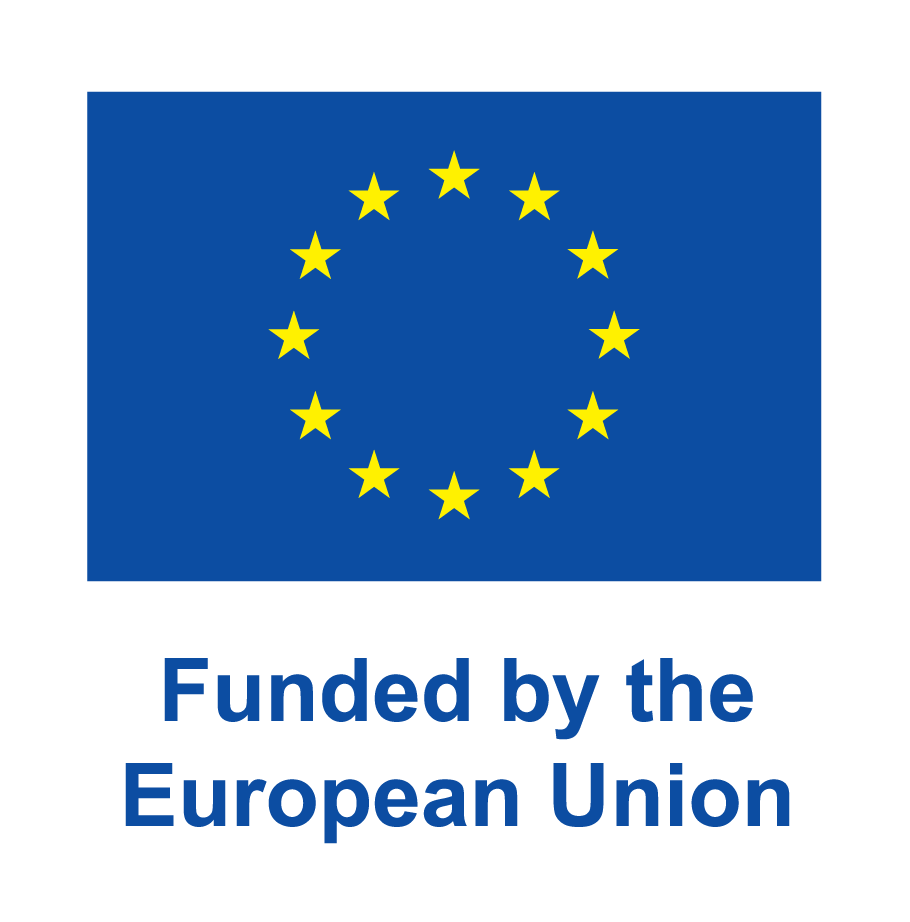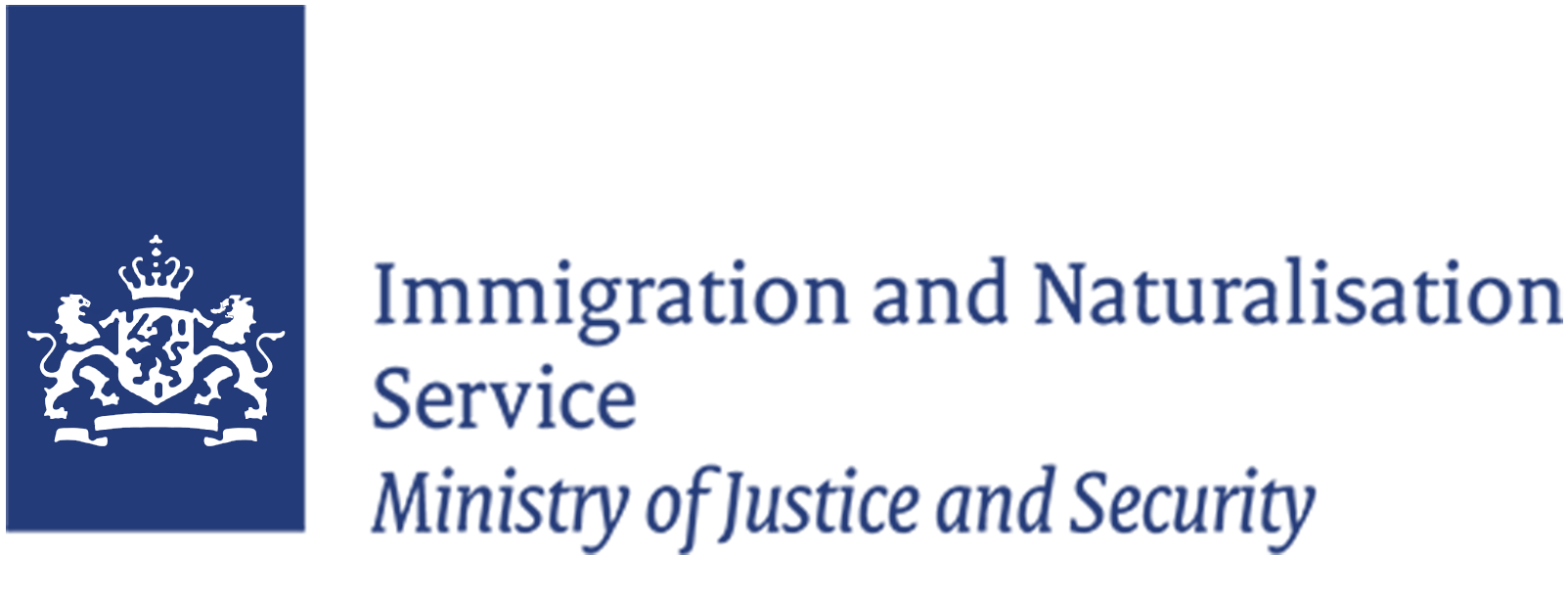Main Area
Main
International protection
Asylum seekers are in search of protection outside of the borders of their country of origin. The European Union (EU) offers this protection. EU Member States cooperate in drafting and implementing legislation and regulations on asylum migration.
Asylum is granted to persons who do not receive (sufficient) protection in their country of origin. For example, when they have well-founded fears to be persecuted in their country of origin on the basis of race, religion, nationality, political beliefs or belonging to a particular social group. At the heart of asylum protection is the principle of non-refoulement which prohibits that a person cannot be forcibly returned to the country where their life is in danger.
Asylum migration is a form of forced migration, as opposed to voluntary migration for work or study purposes. Asylum is a form of international protection, which follows from international treaties that are recognised by the EU, and therefore implicitly the Netherlands. Persons who apply for asylum are generally referred to applicants for international protection. Asylum can be granted on the basis of:
- the 1951 Refugee Convention, if someone is a refugee in the legal sense of the word;
- Subsidiary protection; this is for those who are not granted refugee status, but for whom there are substantial grounds to believe that there is a real risk of a life-threatening situation upon return.
The laws and regulations governing asylum in the Netherlands are mainly based on:
- the rules and procedures of the Common European Asylum System (CEAS) including the Qualification Directive.
- the Procedure Directive which includes norms for the asylum procedure.
Study: Secondary movements of beneficiaries of international protection
24 October 2022EMN study on secondary movements of beneficiaries of international protection (migrants with asylum status). These are beneficiaries of international protection who move to an EU member state other than where they were granted international protection.
Study: Application of the Temporary Protection Directive for displaced persons from Ukraine (scope and registration)
22 July 2022EMN study on the application of the Temporary Protection Directive by EU Member States. The study examines the scope of the Temporary Protection Directive and the registration of people who fall under the Directive.
Study: Mental health care for migrants
4 July 2022EMN study on mapping mental health care policies for migrants with regular residence permits as well as beneficiaries of international protection. The study looks at access to health care and its provision.
The organization of the asylum and migration policy in the Netherlands
Augustus 2012Dit onderzoek van EMN Nederland geeft een overzicht van de uitvoering van het migratie- en asielbeleid in Nederland sinds 1 november 2012.


